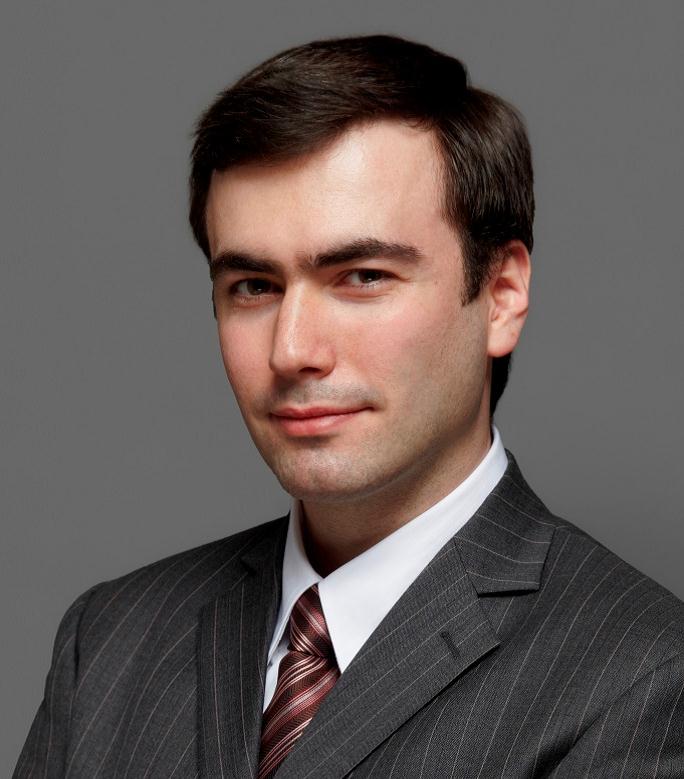“What else should Vladimir Putin have done to make him a persona non-grata in Europe, along with Alexander Lukashenko?” This pointed question came from the audience in Berlin on January 24 during the presentation of Mikhail Khodorkovsky’s latest book: My Way. A Political Confession. It was expected that the book discussion would gradually turn into an enquiry on the German government’s policy toward the Kremlin.
A question addressed specifically to Mikhail Khodorkovsky’s son, Pavel, was focused: “Are you satisfied with the support from the German government to your father?” His answer was forward-looking: “What realistically the Germans can do right now is to demand personally from Putin to publicly and unequivocally pledge that there will be no reversal of the Moscow City Court decision to release my father in October 2014.”
The event’s discussions revealed the key points in the German discourse on Khodorkovsky. First, nobody here believes in Putin’s interpretation of the entire Yukos trial as a completely legal case. For the Germans, it is evidently and explicitly political. The figure of Khodorkovsky challenges the key narrative of the Kremlin—its alleged legalist core, which hides selective justice and dependence of the judiciary upon the political will of the ruling group.
Second, the German (and European) perception of Russia is structured in such a way that stories of incarceration always bear reminiscences with—and allusions to—the Stalinist repressions. Siberia in particular is associated with camps and mass imprisonment of a ruling regime’s opponents. This certainly fuels emotional sympathies to Khodorkovsky (as well as to the Pussy Riot punk group) even among those who are far from politics.
Third, as an epitome of politicization of justice under Putin, Khodorkovsky is inscribed in a larger group of the victims of the regime: Pussy Riot, Sergey Magnitsky, Anna Politkovskaya, Alexander Litvinenko, Alexander Nikitin, etc. In particular, in Pavel’s words, the name Khodorkovsky was one of the most widely referred to by the U.S. Congressmen while they were in the process of passing the “Magnitsky bill.”
As the German ombudsman Markus Loning assumed, in Germany, as well, the tone in communicating with the Kremlin has significantly changed. Yet the German position toward the prospects of an analogous legislation in Europe remains very vague.
One of the last questions to Pavel Khodorkovsky at the book event was: “Can your father eventually become a leader of opposition?” “If Russian people believe in purification through ordeal, I see no impediments for this. But I doubt that he himself would go this way. Rather he probably thinks of continuing what he started with the Open Russia Foundation, such as strengthening Russian democracy. Perhaps Pavel himself would one day like to try sharing this job with his father.
Andrey Makarychev is a Guest Professor at the Free University of Berlin, blogging for PONARS Eurasia on the Russia-EU neighborhood.










